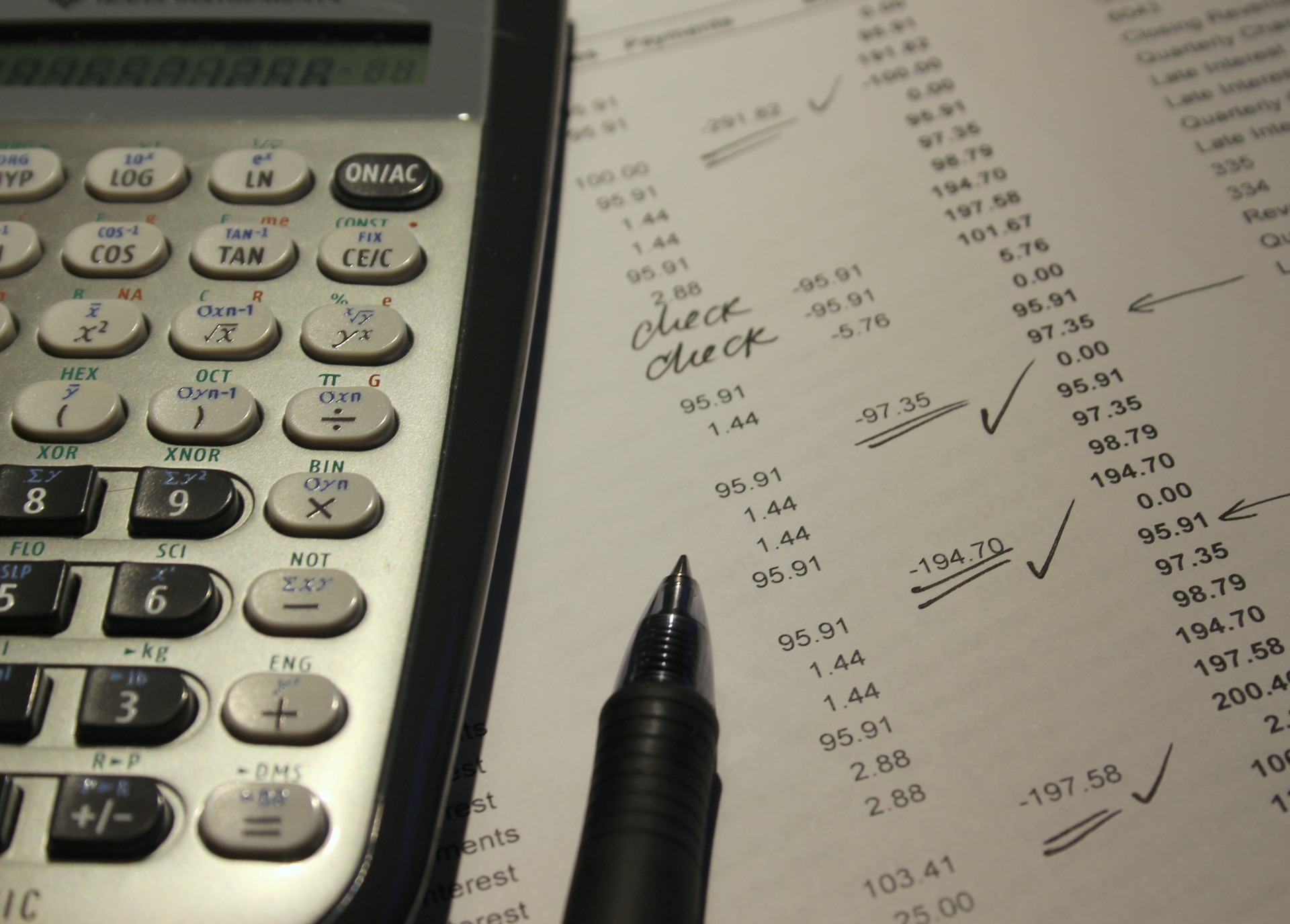EQUITIES
Shares in Asia-Pacific turned lower in Monday trade, reversed on earlier gains. Japan’s broader Nikkei 225 slipped 0.15%, the South Korea’s KOSPI was down 0.21%, and Australia’s S&P/ASX 200 declined 0.05%.
The Shanghai composite in mainland China slipping fractionally while the Hong Kong’s Hang Seng index traded 0.12% lower. In Southeast Asia, the Singapore’s Straits Times index shedding 0.30%.
Overnight on Wall Street, the S&P 500 index and the Nasdaq extended their run of all-time closing highs to eight straight sessions, while the blue-chip Dow notched its second consecutive record closing high.
OIL
Oil prices firmed as the passage of the U.S. infrastructure bill and China's export growth supported the outlook for energy demand, while Saudi Arabia's state-owned producer Aramco raised the official selling price for its crude.
The Brent now traded at $83.24 per barrel, and U.S. crude futures traded at $81.83 per barrel.
Overnight, the Brent ends at $83.43 a barrel, and the WTI settled at $81.93 per barrel.
CURRENCIES
The yield on benchmark 10-year Treasury notes slipped 1.488% compared with its U.S. close of 1.497% on Monday.
The dollar index also declined slightly, falling below the 15-month highs it hit after Friday's jobs data, as investors reassessed rate hike expectations and central banks' tolerance of inflation. The dollar index fell to 93.994.
Cryptocurrencies scaled records, as enthusiasm for cryptocurrency adoption and fears about inflation lent support to the asset class. Bitcoin rose as high as $68,525 and ether, the second-biggest cryptocurrency by market value, hit record peak of $4,823 early on today.
GOLD
Gold prices turning flat on Tuesday, consolidating near a two-month high scaled in the previous session, as a weak dollar offset firm U.S. bond yields.
Spot gold was unchanged at $1,823.00 per ounce, and U.S. gold futures slipped 0.2% to $1,824.00.
Spot silver fell 0.40% to $24.44 per ounce. Platinum dropped 0.87% to $1,050.80 and palladium shed more than 1% to $2,056.00.
ECONOMIC OUTLOOK
Asian shares reversed earlier gains to turned lower on Tuesday. While congressional passage of a long-delayed U.S. $1 trillion infrastructure bill over the weekend has cheered investors, another test later in the week on U.S. inflation numbers loom as the next test of traders' thinking on the monetary policy and the outlook for interest rates.
Price data, due from both China and the U.S. on Wednesday, could also test central bankers' promises of patience. Economists expect the numbers to show profound pressure on factory gate prices in China, which can flow through global supply chains, and U.S. consumer prices galloping ahead.
Tightness in the labor market combined with dislocation in global supply chains should result in another high reading for U.S. consumer prices due on Wednesday, with any upside surprise likely to rekindle talk of an earlier Federal Reserve hike.
Inflation expectations had tugged real U.S. yields and the dollar a little lower overnight, though remains within sight of highs hit on Friday.
The U.S. House of Representatives late Friday passed a more than $1 trillion infrastructure bill. First passed by the Senate in August, the package would provide new funding for transportation, utilities and broadband, among other infrastructure projects. Lawmakers now turn to Biden's social spending bill, with the House of Representatives expected to vote on the measure next week, according to White House economic adviser Brian Deese.













